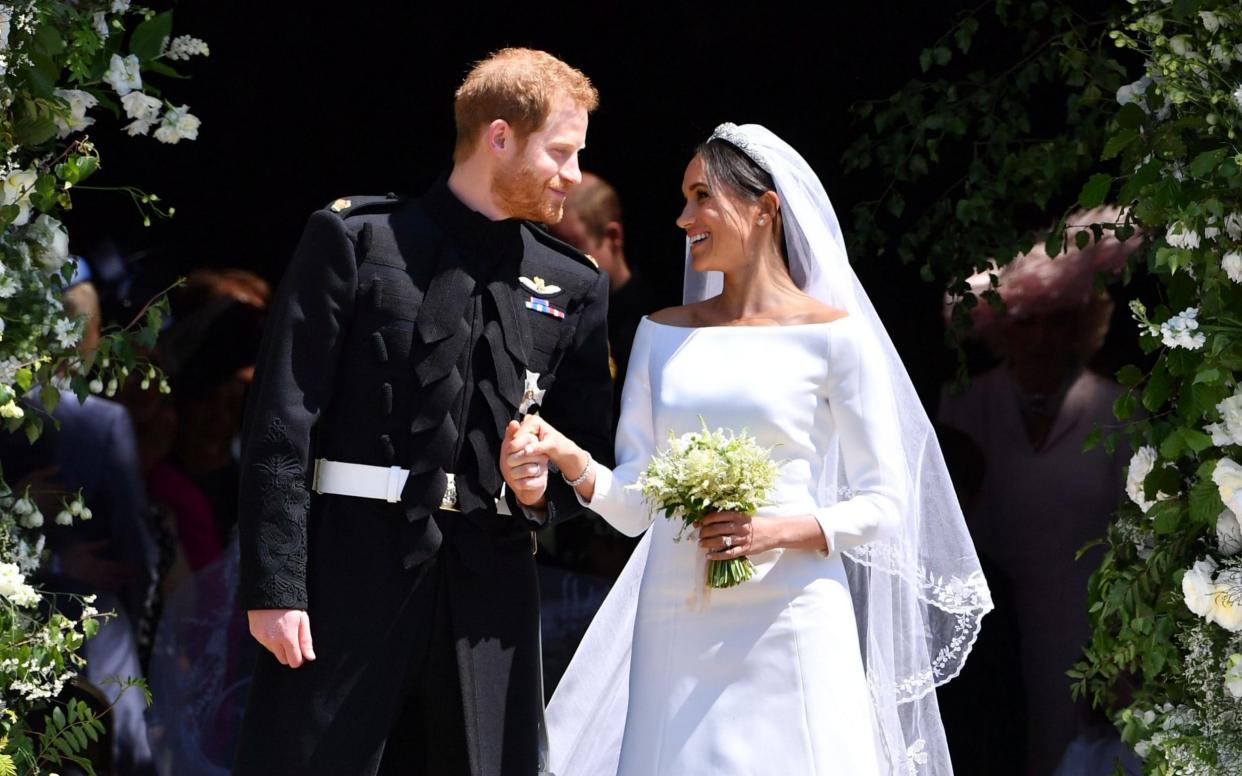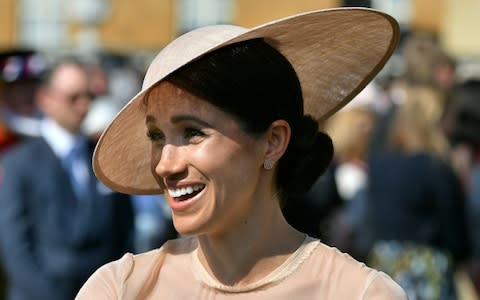Meghan Markle has already changed the way we think about race

Meghan Markle was an unusual royal bride. The Duke of Sussex was luckier than several previous Royal princes and princesses in getting to marry for love. That his choice was an American, a television actress, a divorcee and of mixed ethnic heritage is something this generation of royal courtiers just had to take in their stride.
Meghan’s mixed ethnicity was the main talking points many international broadcasters across the globe. For the US networks, the wedding images of the new relations, one the Queen of England and the other the descendant of southern slaves, offered a striking contrast to the culture war debates of Donald Trump’s divided America.
Most of the British public felt that it should not be such a big deal. Most feel that that the ethnic heritage of the bride was a fairly marginal detail of the big royal occasion. A recent Survation poll for British Future, part of a broader study of changing attitudes to race in Britain, asked people what they thought about someone of mixed race joining the Royal family. Six out of ten people said that Meghan’s ethnicity does not and should not matter; a further one in five feel it is actively a good thing.
Yet the wedding ceremony captured why ethnic minority Britons saw this question a bit differently. Ahead of the wedding, they were twice as likely as their white British peers to see this as an actively positive development, with four out of ten saying so. The transformation of Meghan Markle into a modern Duchess saw many young black British and mixed race women found themselves more interested in this symbolic story of Royal change than they may have expected.
Our picture editors' 22 favourite images of the Royal wedding
So it did matter that this was a Royal wedding with a difference, the black British presence central to a blend of the traditional and the modern which captured an inclusive Britishness at its best, from the gospel choir singing Stand by Me to the brilliance of 19 year old cellist Sheku Kanneh-Mason, who has since been propelled to the top of the US album chart.
With four-fifths of people putting out the bunting for Meghan joining the royals, this question of how far we want to notice, or not to notice, Meghan’s racial mix illuminates the delicate etiquette around how much to talk about race. If we want to leave racism in the past, many people’s instinct is to be as colour-blind as possible, avoiding talking about it more than we have to.
Many ethnic minority Britons would broadly agree – yet may feel that we have some way further to travel before we get there, hence it would be a mistake not to acknowledge the ways in which race does still matter.

There is an uncomfortably-large 12 per cent of people who think it is bad that someone mixed-race is joining the Royal family. This coalition of the disgruntled do include some grumpy Republicans, whose inclusive views on race are trumped by the fear of Meghan bringing a dash of glamour that extends the appeal of the monarchy to a new generation.
But most of this toxic minority has objections rooted in old school racial prejudice. They will fulminate in the darker recesses of the internet but lack a voice because few, if any, public figures want to associate themselves with racial prejudice. It will soon become a tricky pub quiz question to remember the name of the Ukip leader who lost his job because he was having a fling with a young woman who shared racist messages about Meghan and Harry’s engagement.
For most people, looking for things that can bring us together in these polarised times, the monarchy looks like part of the solution. A minority object in principle, but it is today a much less divisive topic than Brexit, Scottish independence or arguments between Jeremy Corbyn and the Conservative government.
Perhaps as much by luck as design, the changing Royal family seems to be developing a new potential to bridge the generational divides in British society, combining the long service of the Queen and Prince Phillip with the emerging generation of the younger royals, perhaps with slightly different constituencies for Meghan and Kate.
Profile | The Duchess of Sussex
Meghan Markle is not Britain’s Barack Obama. He ran for President, while Meghan and Harry chose to get married. It would place a ridiculous pressure on the young couple to hold them responsible for the type of heavy lifting on equal opportunities that is the job of government. But symbols matter, too.
The truth about Harry and Meghan is that they reflect the gradual changes that are slowly reshaping British society. There were a million people of mixed ethnicity in the 2011 census, the fastest-growing group.
Inter-ethnic marriages between two people in their thirties happen every weekend in a country where a tenth of relationships now cross ethnic lines. I am not sure which census box my children – with grandparents from India, England and two from Ireland – will one day choose to tick.
Faced with that same choice as a child, Meghan has written about her father’s advice to ‘draw your own box’. Should the royal couple have children, they too will form part of a generation who may feel that their blurred ethnicity defines them less than ever before.
Royal wedding | Read more